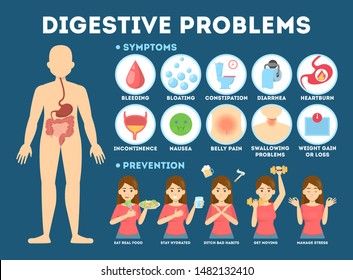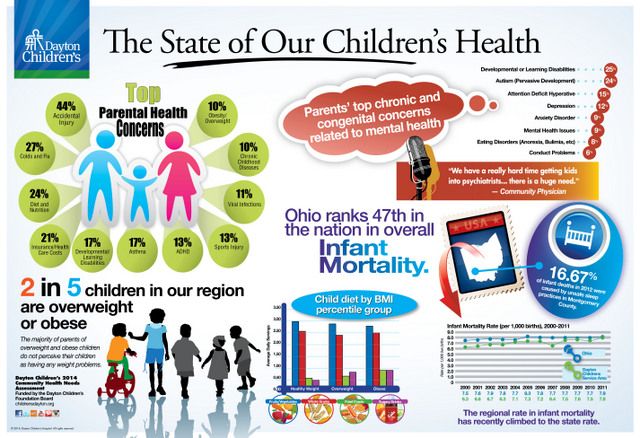The gastrointestinal (GI) system, also known as the digestive system, plays a crucial role in the overall health and well-being of an individual. It is responsible for the breakdown and absorption of food to provide essential nutrients to the body. However, various health issues can arise within the gastrointestinal tract, leading to discomfort, pain, and other complications.
1. Common Gastrointestinal Health Issues
1.1 Acid Reflux Acid reflux, also known as gastroesophageal reflux disease (GERD), is a condition where the acidic contents in the stomach flow back up into the esophagus. This backward flow can cause a burning sensation in the chest, commonly known as heartburn. It can also lead to regurgitation, difficulty swallowing, and a sour taste in the mouth. 1.2 Irritable Bowel Syndrome (IBS) IBS is a chronic disorder that affects the large intestine. It is characterized by symptoms such as abdominal pain, bloating, diarrhea, and constipation. The exact cause of IBS is unknown, but it is believed to be influenced by various factors, including abnormal muscle contractions in the intestines, inflammation, and changes in gut bacteria. 1.3 Ulcers Ulcers are open sores that form on the lining of the stomach or the upper part of the small intestine. They can be caused by an infection with the bacterium Helicobacter pylori, long-term use of non-steroidal anti-inflammatory drugs (NSAIDs), stress, or excessive alcohol consumption. Symptoms of ulcers include abdominal pain, nausea, vomiting, and a feeling of fullness.
2. Serious Gastrointestinal Health Issues
2.1 Inflammatory Bowel Disease (IBD) IBD refers to a group of chronic inflammatory conditions that affect the digestive tract, particularly the colon and small intestine. The two main types of IBD are Crohn's disease and ulcerative colitis. These conditions cause severe inflammation, leading to symptoms such as persistent diarrhea, abdominal pain, rectal bleeding, weight loss, and fatigue. 2.2 Gastrointestinal Cancers Gastrointestinal cancers can occur in various parts of the digestive system, including the esophagus, stomach, liver, pancreas, colon, and rectum. Common types of GI cancers include esophageal cancer, gastric cancer, liver cancer, pancreatic cancer, and colorectal cancer. These cancers can cause symptoms such as unexplained weight loss, abdominal pain, blood in the stool, and changes in bowel habits.
3. Tips for Maintaining Gastrointestinal Health
3.1 Eat a Balanced Diet Incorporate a variety of fruits, vegetables, whole grains, lean proteins, and healthy fats into your diet. This promotes a healthy balance of nutrients and helps maintain proper digestive function. 3.2 Stay Hydrated Adequate hydration is essential for digestive health. Drink plenty of water throughout the day to ensure proper digestion and prevent issues like constipation. 3.3 Manage Stress Stress can worsen gastrointestinal symptoms. Incorporate stress management techniques such as exercise, meditation, and relaxation exercises to promote better digestive health. 3.4 Avoid Trigger Foods Identify any foods that may cause or aggravate digestive issues and avoid them. Common trigger foods include spicy foods, fatty foods, caffeine, alcohol, and carbonated beverages. 3.5 Practice Good Food Hygiene Follow proper food handling and preparation practices to avoid foodborne illnesses. Wash hands before handling food, cook food thoroughly, and store leftovers properly.
4. When to Seek Medical Attention
It is important to consult a healthcare professional if you experience persistent or severe gastrointestinal symptoms. These may include abdominal pain, persistent diarrhea, blood in the stool, unexplained weight loss, or changes in bowel habits. A proper diagnosis and treatment plan can help manage and resolve gastrointestinal health issues effectively.


